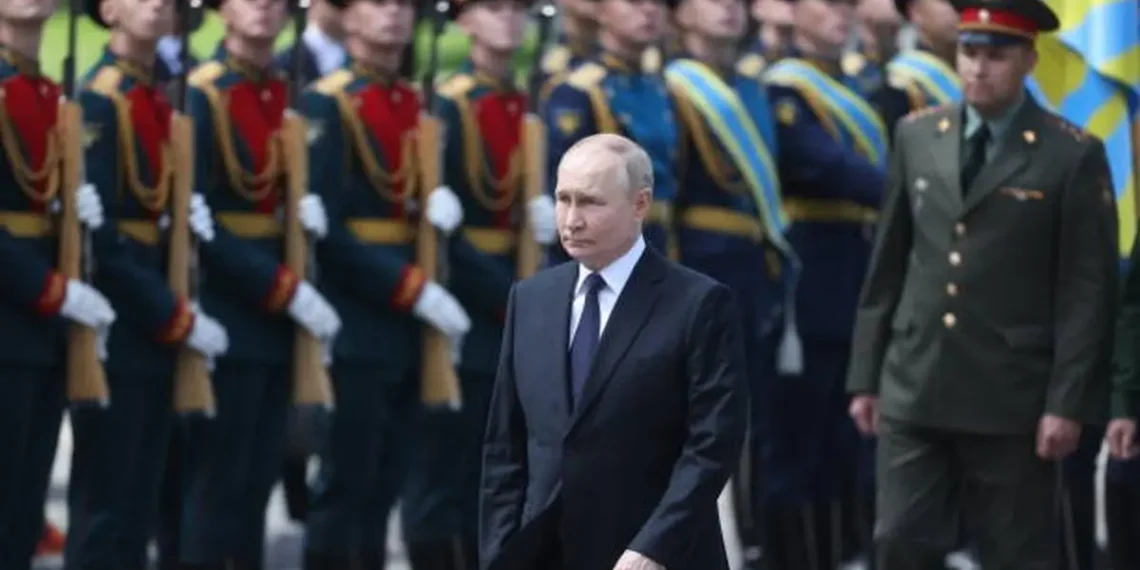Russian President Vladimir Putin has declared that Russia possesses the world’s most advanced nuclear weapons, emphasizing their pivotal role in safeguarding national sovereignty and maintaining the global balance of power. In a recent address, Putin highlighted that 95% of Russia’s strategic nuclear forces have been modernized, positioning the nation at the forefront of nuclear capabilities.
Addressing a government meeting on the national armament program on Wednesday, Putin urged that “special attention” be paid to the continued development of the nation’s nuclear triad.
Now, the share of the state-of-the-art weapon systems and equipment in our strategic nuclear forces comes to 95%,” the president told the meeting, adding that Russia is making “good progress” in this regard.
“That is the highest level among all of the world’s nuclear powers,” Putin stated.
A similar assessment was made by Air Force General Anthony Cotton, the commander of the US Strategic Command.
“Russia is currently in possession of the largest and most diverse nuclear arsenal of any nation,” Cotton said in March 2024, warning that Russia’s capabilities exceed those of the US.
The Russian nuclear triad—comprising land-based missiles, submarine-launched systems, and strategic bombers—serves as the cornerstone of the country’s nuclear deterrent. Putin asserted that the modernization efforts have resulted in a triad that is more advanced than any other globally, including that of the United States. He emphasized that this modernization is crucial for preserving Russia’s sovereignty and strategic parity on the world stage.
Technological Advancements and Capabilities
Russia has unveiled several new nuclear weapons systems, including the RS-28 Sarmat intercontinental ballistic missile, capable of carrying multiple warheads and evading missile defense systems. Additionally, the development of hypersonic glide vehicles, such as the Avangard, has been highlighted as a significant advancement, offering enhanced speed and maneuverability.
Putin’s assertions underscore Russia’s commitment to strengthening its nuclear capabilities amidst a complex international security environment. While these developments may bolster Russia’s strategic position, they also raise concerns among global powers about the potential for an arms race and the erosion of existing arms control agreements.
President Putin’s statements reflect Russia’s strategic emphasis on nuclear deterrence as a means to ensure national security and influence global power dynamics. As the international community monitors these developments, the balance between technological advancements and diplomatic efforts will play a crucial role in shaping future global security frameworks.








